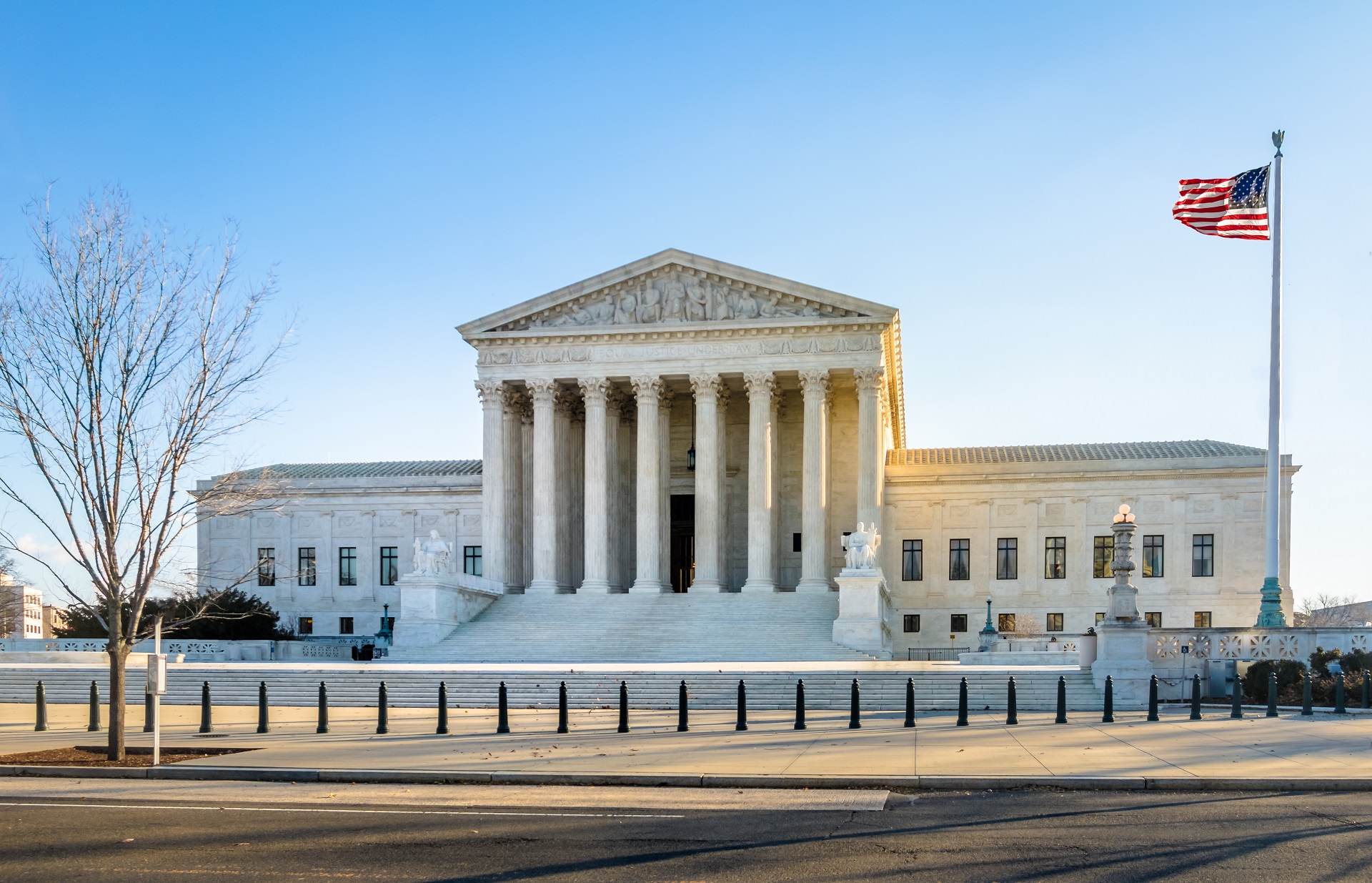Introduction
In a landmark ruling, the United States Supreme Court, in the case of 303 Creative LLC et al. v. Elenis et al. (2023), delivered a powerful verdict that has significant implications for the intersection of free speech and public accommodation laws. The case revolves around a graphic designer, Lorie Smith, and her company, 303 Creative LLC, who challenged Colorado’s Anti-Discrimination Act (CADA) on the grounds that it would compel her to create websites celebrating marriages that conflict with her deeply held beliefs. The ruling in the 303 Creative case was perceived by certain individuals as a triumph for the principles of free speech and religious liberty, while concurrently, it was regarded by others as a setback for the advancement of LGBT rights and an assertion that discrimination could be veiled as a form of protected expression.
Background
Lorie Smith, the owner of 303 Creative LLC, sought to expand her graphic design business by offering services for couples looking to create wedding websites. However, she was concerned that Colorado’s CADA would require her to create websites promoting marriages that contradicted her personal belief that marriage should be limited to unions between one man and one woman. To clarify her rights, Smith filed a lawsuit, seeking an injunction to prevent the state from forcing her to create websites that violated her First Amendment rights.
CADA prohibits all “public accommodations” from denying goods and services based on various protected characteristics, including sexual orientation. The law defines “public accommodation” broadly, encompassing nearly all public-facing businesses in the state. Smith’s case hinged on her contention that creating wedding websites was an expressive act of speech and that compelling her to create websites celebrating marriages she disagreed with violated her First Amendment rights.
The Supreme Court’s Ruling
In a 6-3 decisive ruling, the Supreme Court held that the First Amendment prohibits Colorado from forcing a website designer to create expressive designs conveying messages with which the designer disagrees. The Court’s decision was grounded in the foundational principles that underlie the First Amendment’s protection of freedom of thought and speech.
The Court referred to previous cases where governments attempted to infringe on these principles. Notably, in West Virginia State Board of Education v. Barnette, the Court ruled that the government cannot compel individuals, in this case, schoolchildren, to salute the flag or recite the Pledge of Allegiance. Similarly, in Hurley Irish-American Gay, Lesbian, and Bisexual Group of Boston, Inc., the Court held that Massachusetts’s public accommodations statute could not force organizers of a parade to include a group with whom they disagreed. The Court also cited Boy Scouts of America v. Dale, where it affirmed the Boy Scouts’ right to exclude an assistant scoutmaster based on his sexual orientation. These cases exemplify the protection of an individual’s right to speak their mind, even when their speech is contrary to the government’s or considered ‘misguided’.
The Court agreed with the Tenth Circuit that the wedding websites Smith intended to create were a form of pure speech protected by the First Amendment. It recognized that the websites would express and communicate ideas celebrating and promoting marriages, and that the internet, like all other forms of speech, is entitled to the First Amendment’s protections. The Court also acknowledged that while the final product may combine the couple’s input with Smith’s artistic contribution, this did not negate her right to free speech.
Colorado’s argument that it could compel Smith to provide the same service to all customers, regardless of her beliefs, was rejected by the Court. It emphasized that Colorado sought to force Smith to convey messages with which she fundamentally disagreed, and this constituted a violation of her First Amendment rights.
Dissenting Opinion
Justice Sonia Sotomayor, joined by Justices Elena Kagan and Ketanji Brown, stated the decision was “a sad day in the American constitutional law and in the lives of LGBTQ people.” Moreover, the dissenting opinion held that the U.S. Constitution “contains no right to refuse service to a disfavored group.” Justice Sotomayor wrote that Colorado’s position merely affects on what grounds Smith can refuse to provide services to specific individuals; it does not regulate or compel free speech at all. Under Colorado law, Smith would have remained free to include or not include certain messages. Hence, Justices Sotomayor, Kagan and Brown dissented from the majority opinion.
Conclusion
The Supreme Court’s ruling in 303 Creative LLC v. Elenis (2023) is a reaffirmation of the importance of free speech and the protection of individual beliefs under the First Amendment. However, the decision is viewed by advocacy groups as a setback for LGBTQ- and human rights protections. The decision highlights that the government cannot compel individuals to express messages contrary to their deeply held convictions, even when providing commercial services. Yet, in doing so, the decision essentially grants private businesses a constitutional right to discriminate against marginalized groups.
This case, with its far-reaching implications, will undoubtedly continue to be a subject of debate and discussion in the years to come.












